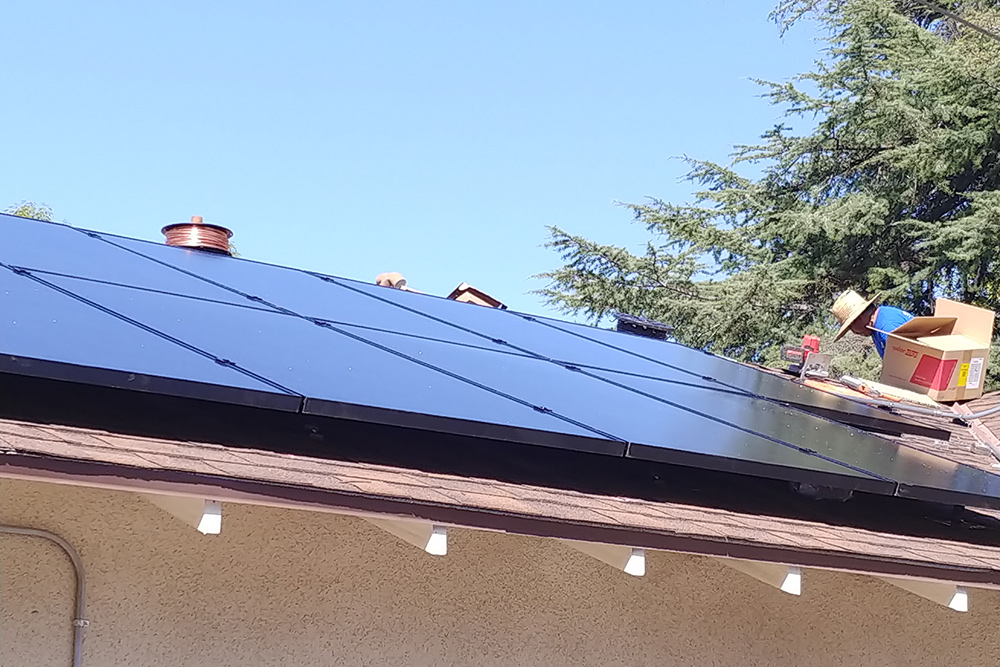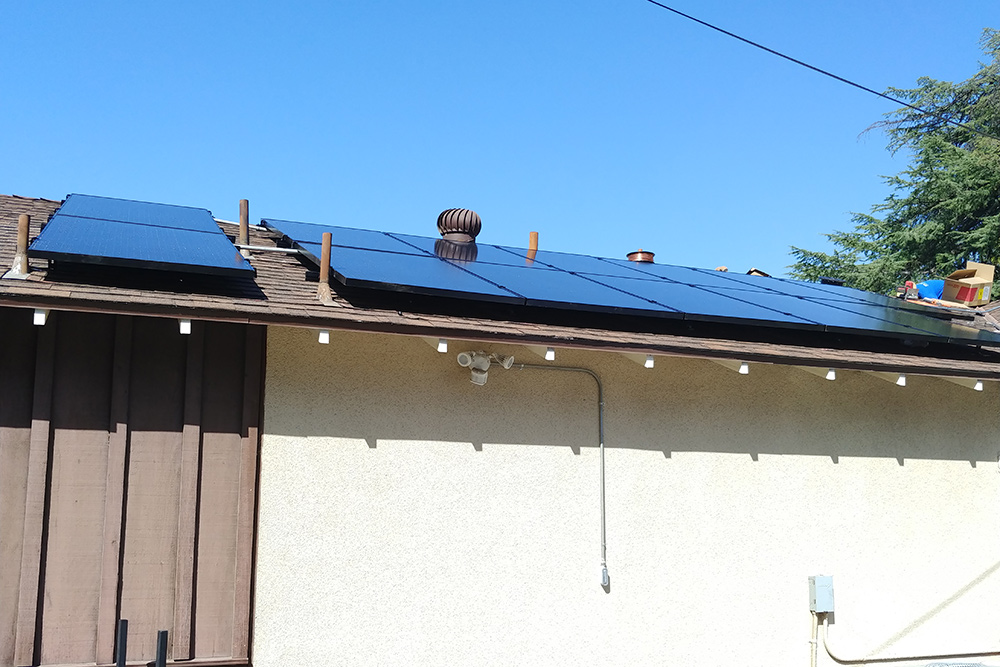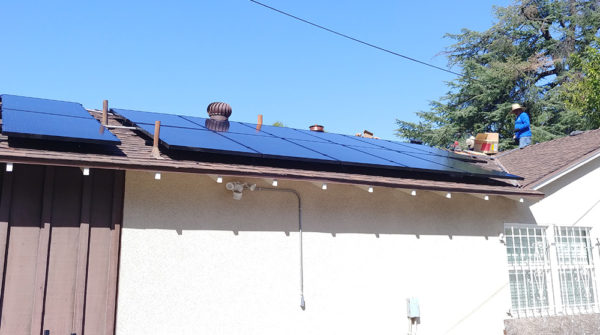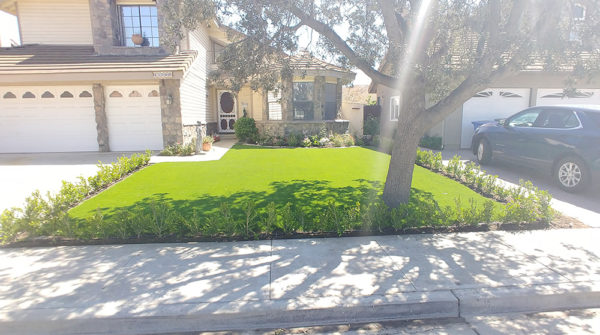
A solar panel is actually a collection of solar (or photovoltaic) cells, which can be used to generate electricity through photovoltaic effect. These cells are arranged in a grid-like pattern on the surface of solar panels.
Thus, it may also be described as a set of photovoltaic modules, mounted on a structure supporting it. A photovoltaic (PV) module is a packaged and connected assembly of 6×10 solar cells.
Most solar panels are made up using crystalline silicon solar cells
Installation of solar panels in homes helps in combating the harmful emissions of greenhouse gases and thus helps reduce global warming. Solar panels do not lead to any form of pollution and are clean. They also decrease our reliance on fossil fuels (which are limited) and traditional power sources.
Solar panels are those devices which are used to absorb the sun’s rays and convert them into electricity or heat.
Impact on the Environment
Solar energy has the least negative impact on the environment compared to any other energy source. It does not produce greenhouse gases and does not pollute the water. It also requires very little water for its maintenance, unlike nuclear power plants for example, needing 20 times more water. Solar energy production does not create any noise, which is major benefit, since a lot of solar installations are in urban areas, such as domestic solar panels.
Reduce Your Energy Bill
Generating your own electricity means that you will be using less from the utility supplier. This will immediately translate to savings on your energy bill. Plus, you can also make money by selling the unused electricity, which you have generated, back to the grid. Through solar panel grants offered, you can make your green investment even more beneficial.





